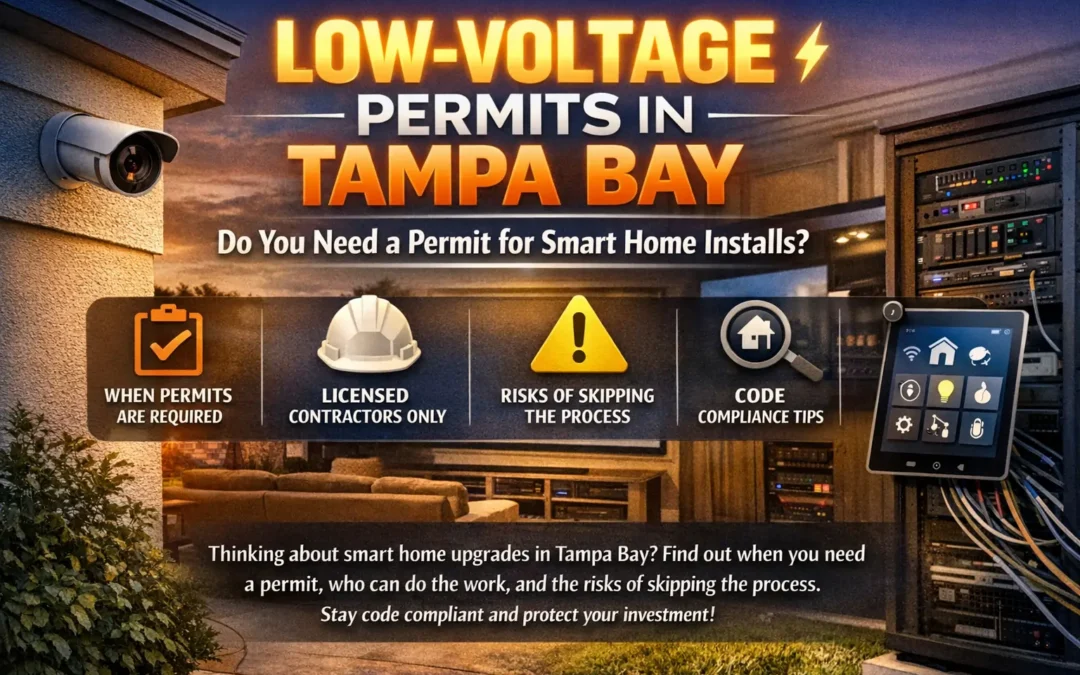Receiving multiple offers on your Southeast Michigan home is exciting yet challenging for any seller. While this is a seller’s dream, it can also feel overwhelming when deciding which offer is the best.
Here’s how to manage multiple offers effectively.
Evaluate Each Offer Beyond Price
While it’s tempting to focus on the highest bid, the highest offer doesn’t always mean the best deal. Look at the offer holistically, considering contingencies, financing methods, and closing timelines. Cash offers are particularly attractive because they eliminate financing issues, which can speed up the process and reduce risk. A buyer who has been pre-approved is also a safer option, as it indicates fewer chances of the deal falling through.
Consider the Buyer’s Contingencies
Some buyers may include home inspections, appraisals, or financing contingencies. These can add complications and delays to the transaction. If one offer is contingent on the buyer selling their home first, this could extend your timeline and increase the risk of the deal collapsing. On the other hand, an offer with fewer or no contingencies is generally more straightforward and appealing.
Timing and Flexibility
The timing of the sale can be a major factor when comparing offers. Some buyers may be flexible with your moving timeline, while others may require a quicker or delayed closing. If you have specific needs—such as needing time to find a new home—consider buyers willing to accommodate your schedule. Additionally, some buyers may offer rent-back agreements, allowing you to temporarily remain in your home after the sale.
Analyze the Earnest Money Deposit
The earnest money deposit is a sign of the buyer’s commitment to the purchase. A higher earnest money deposit indicates a stronger interest and reduces the chances of the buyer backing out without penalty. If one buyer offers a larger deposit, it might make their offer more appealing, even if their bid isn’t the highest.
Escalation Clauses
An escalation clause allows the buyer to automatically increase their offer if a higher bid comes in. For example, a buyer might offer $250,000 but agree to increase their offer by $1,000 above any competing offer, up to $260,000. This can be an advantageous clause to accept, as it guarantees a competitive offer without further negotiation.
Work with a Real Estate Agent
Experienced real estate agents can provide insight into market conditions, help you evaluate each offer’s strengths and weaknesses, and guide you through negotiations. A real estate agent can also help ensure you stay compliant with local regulations and disclosure requirements.
Counter Offers and Negotiation
If none of the offers perfectly meets your needs, you have the option to counter. You may ask for better terms, such as a higher price, fewer contingencies, or a quicker closing timeline. Be mindful that buyers can decline your counteroffer, so be strategic in what you ask for. Counteroffers give you the flexibility to create a more favorable deal without losing interested buyers.
Choose What’s Best for You
Are you looking for a quick sale, or are you more focused on maximizing profit? Understanding your priorities can help you decide which offer to accept. Be sure to weigh all factors, including price, contingencies, timeline, and the buyer’s financial standing, to make the best choice.
Searching for ways to navigate the home buying and selling process with ease? As a licensed, independent real estate agent with ACrealtor1, I’m here to assist you through every step of the buying process. Reach out today for a consultation!




